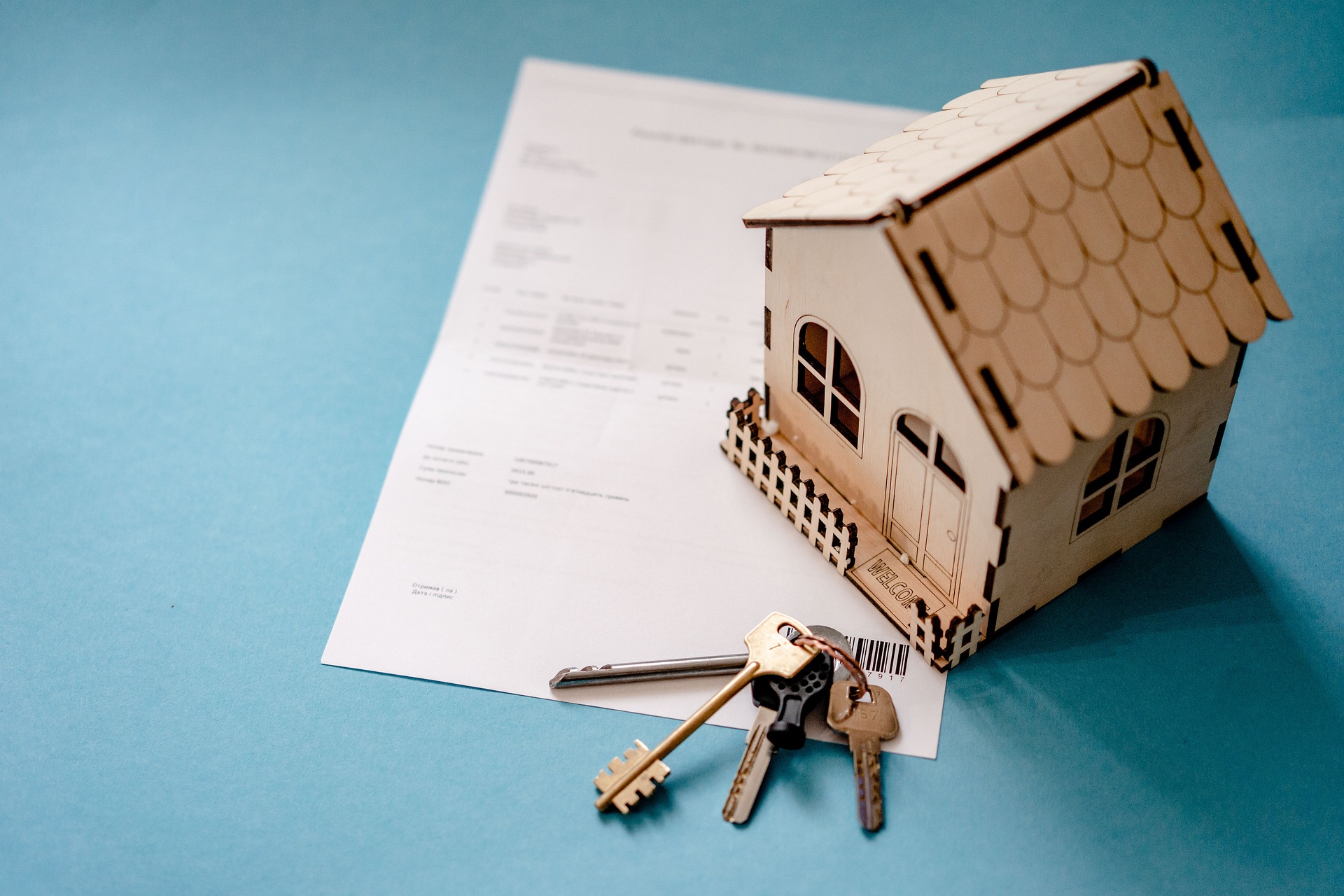Buying a home is a massive decision in everyone’s life. This could be your first home or fifth, but the amount of thought that goes into it and its life-altering implications make it important for people to consider numerous aspects before taking the big plunge. Everything from the authenticity of the seller to the documentation and the closing fees needs to be considered. Every year, thousands of home buyers fall victim to real estate scams amounting to the loss of millions worldwide.
If you are planning on buying a home, make sure you do your research. Understand the possible threats, the fine print, and how to get the best deals by talking to your peers, friends, and industry experts. If you do not have the resources or time to do so, do not worry. Here is a list of home buying tips from property experts that would make your real estate investment worth every penny.
Look for Properties Beyond the Market
It is easy to look for low-hanging fruits while trying to buy a home. The general approach of home buyers is to hire a real estate agent or look for properties listed for sale on the market. But did you know that there are homes available for sale without being listed on the market? It would help if you always looked for these off-market properties as they would give you more options to pick from, save you on brokerage, and there is less competition. Whereas properties listed on the market have so many buyers, the bidding could shoot up the price. It is no wonder that most investors are curious about investing in these properties over the listed ones.
Evaluate Your Readiness
It would help if you were both financially and mentally ready to make a massive purchase like a home. If you are taking a home loan, the tenure could be for anything around five to twenty years, which is a huge commitment. Before you go house hunting, you need to understand if you see yourself living in this home 20 years from now. Understand if you are financially ready and would be able to repay the EMI on time every month with the increasing expenses of life that you need to deal with.
You should start this process by deciding on a budget, understanding how much loan you need, the tenure, and the interest rate for your credit score. There are numerous EMI calculators available online, which would help you make this calculation seamlessly. Once you do that, you will have a clear picture of the amount you need to spare every month. Make sure this amount does not come from your essentials or emergency funds. There is no point in going broke and struggling to make ends meet after buying a home. So, evaluate where you stand and only then take the plunge. Do not buy a home just because your siblings or peers are doing so.
Negotiate
If you are hiring a real estate agent, always negotiate and get the right price. Most people think that the realtor fee is not negotiable, but that is not the case. Experts suggest that you could always talk your realtor into giving you lower fees or eliminating the commission. This would, however, depend on the area of the property, the competition, and your bargaining skills.
You can start by asking for the lowest price possible and bargain your way up to reach the price that your realtor would find acceptable. Do not offer more than three numbers. Otherwise, you would give your realtor an impression that they can continue to bargain and make you agree to their price.
Understand the Fine Print
There are numerous documents that you need to sign before closing in on your dream home. This includes everything from the home inspection to the loan documents, and finally, the legal sale deed. In this process, you would notice that every document has some details mentioned in the fine print. It is usually filled with jargon and not very easy to read.
But that’s the document section that holds the most crucial details and could impact your home buying process. Sit with your lawyer and understand every clause, payment terms, fees, and hidden charges. It could be a time-consuming and not-so-exciting process, but it would help you start a new life in your dream home the right way!
Compare Loans
Unless you are buying the home with your savings, you would need a loan. While it might be easy to ask your bank for a loan, you should ideally get mortgage quotes from multiple banks. Most realtors and homeowners also tend to offer financing assistance. You should explore all the home loan options available in your region and compare them for the interest rate, tenure, and closing fees.
This will give you a fair idea of how much impact the loan would have on your monthly finances and how you could effectively plan to repay it. You could also consider private lenders and government loans besides going for the traditional mortgage. But make sure you read the terms and conditions carefully before you sign the dotted line.
Downpayment
Before you go house hunting, you should focus on saving some money for the down payment. While your home loan would cover most of the expenses related to buying the property, it would help your case if you have a significant amount ready as a downpayment. This would increase your chances of getting a loan and ensure you get it at a lower interest rate.
Besides, the seller might take you more seriously if you have savings to support your home purchase rather than depending entirely on the mortgage. Make it a habit to save separately for the purchase rather than draining out your entire savings and emergency funds.
You should take your time in researching and comparing when buying a property. The process can be daunting but when you follow the tips above, you can be sure that your home buying experience would be a memory you would cherish forever.





Leave A Comment